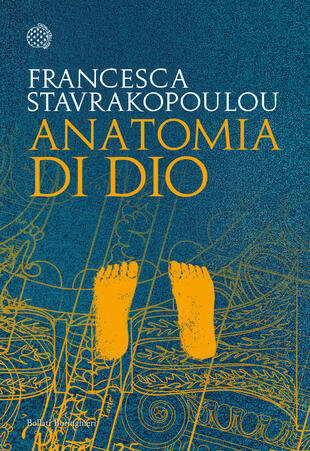Anatomia di Dio
-
Tradotto da: Leonardo Ambasciano
- Leggi le prime pagine
Tutti i formati dell'opera
Acquistalo
Sinossi
Tra la fine dell’Età del Bronzo e l’Età del Ferro, nei territori dell’antica Asia sud-occidentale vivevano popolazioni che adoravano un complesso pantheon di divinità. Quel pantheon era guidato da un dio padre chiamato El, che aveva settanta figli, uno dei quali (una divinità della tempesta) aveva nome Yahweh.
Come tutti gli dèi dell’epoca, Yahweh aveva un corpo, una moglie, dei figli e dei compagni, combatteva contro i mostri e contro i mortali, si nutriva di cibo, beveva vino, scriveva libri, aveva una vita sessuale, faceva passeggiate e talvolta dormiva. E, sicuramente, era un maschio. Proprio questo dio avrebbe in seguito visto progressivamente svanire il proprio corpo e sarebbe, nel tempo, diventato qualcosa di diverso e di astratto: il Dio biblico delle tre grandi religioni monoteiste. Tuttavia, ci dice Francesca Stavrakopoulou, più di qualcosa del suo passato antico e della sua fisicità è rimasto, e torna periodicamente a visitarci ancora oggi.
La Bibbia ha plasmato le nostre idee su Dio e la religione, ma anche le nostre preferenze culturali sull’esistenza, il nostro concetto di vita e di morte, il nostro atteggiamento verso il sesso e il genere, le nostre abitudini alimentari e la nostra comprensione della storia. Esaminando il corpo di Dio, dalla testa alle mani, dai piedi agli organi genitali, Anatomia di Dio ci mostra attraverso quali passaggi si è sviluppata, nell’arco di millenni, l’idea occidentale della divinità. E lo fa analizzando i luoghi e gli oggetti che hanno dato origine a questo Dio singolare, confrontandosi con le antiche religioni e le società del mondo biblico in un tour de force di erudizione, ironia e grande narrazione.
- ISBN: 8833929752
- Casa Editrice: Bollati Boringhieri
- Pagine: 560
- Data di uscita: 19-05-2022



